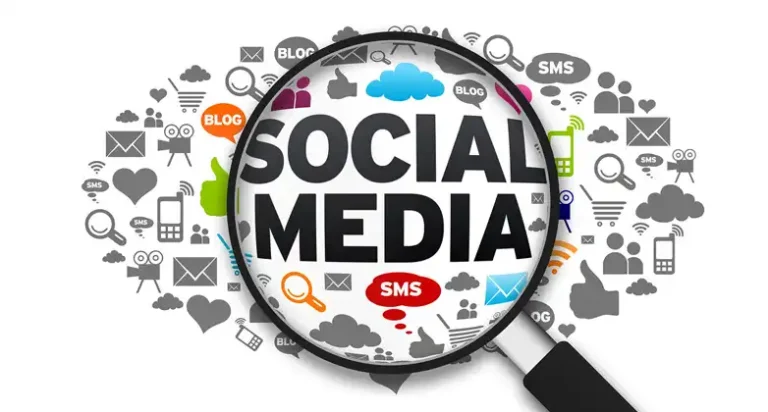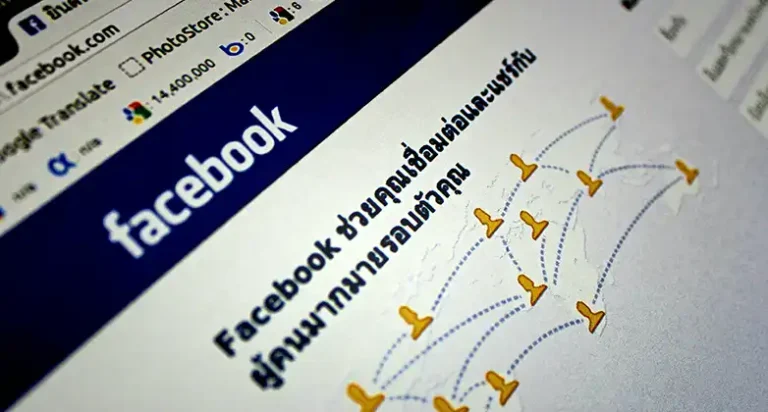What Are The Factors Affecting Student’s Behavior on Social Networks?
Social media usage is ubiquitous among students today. Platforms like Facebook, Instagram, and TikTok have become an integral part of student life. This raises important questions about what factors shape how students conduct themselves on these networks. Understanding these influences can provide insights into promoting positive online behaviors.

Influencing Factors
Peer Behavior
Students are highly susceptible to peer influences. Seeing friends and classmates exhibit certain social media behaviors normalizes those actions. For example, if peers are constantly posting selfies and lifestyle updates, a student may feel compelled to do the same.
Desire for Likes and Comments
Many students crave the instant gratification that comes from receiving validation through likes and comments on their social media posts. This desire drives some students to post content they think will attract high engagement, even if it promotes unhealthy behaviors.
FOMO
The fear of missing out (FOMO) also motivates social media actions. Seeing peers participating in events or social activities through posts can make students feel left out. In response, they may post content exaggerating their own social lives or activities to keep up appearances.
Influencers and Celebrities
Following influencers and celebrities on social platforms also shapes student conduct. Seeing lavish lifestyles and perfect self-images displayed by public figures sets unrealistic expectations that students feel pressured to portray.
Mental Health
For some students, social media becomes a way to seek attention, validation, and self-worth if these needs are not being met elsewhere. These motivations can drive excessive self-promotion or even dangerous viral challenges if students are struggling with mental health issues.
Conclusion
A student’s social media behavior is clearly shaped by a matrix of influences, including peers, the desire for engagement, FOMO, celebrity culture, and mental health. Awareness of these factors can help students develop self-regulation and parents, educators, and health professionals promote healthy social media habits. There is no simple solution, but conscious reflection on what motivates our online actions is an important first step.
FAQs
Q: Why are students so influenced by their peers’ social media behaviors?
A: Students are at a life stage where peer approval and fitting in is especially important. Seeing their friends and classmates modeling certain social media behaviors makes those actions seem normal and validated within their social circles.
Q: Should parents restrict or monitor their kids’ social media usage?
A: Excessive control and restrictions can backfire by making social media seem even more tempting or taboo. However, some monitoring with open conversations about healthy usage is beneficial. A balance of freedom and guidance is ideal.
Q: How can students manage the fear of missing out (FOMO) on social platforms?
A: It’s important to remember that social media posts are highly curated. Don’t assume others’ lives are as perfect as portrayed online. Focus on your real-life connections and experiences. Limit social media usage if it fuels unhealthy comparisons.
Q: Why do some students seem obsessed with likes and comments?
A: The instant gratification from social approval is addictive. Students lacking self-confidence may crave the self-esteem boost. Have perspective that self-worth shouldn’t depend on online validation.
Q: Should there be more education around social media literacy?
A: Absolutely. Many students could benefit from guidance on healthy social media habits. Schools should consider incorporating social media literacy into health and technology education programs to empower students.


